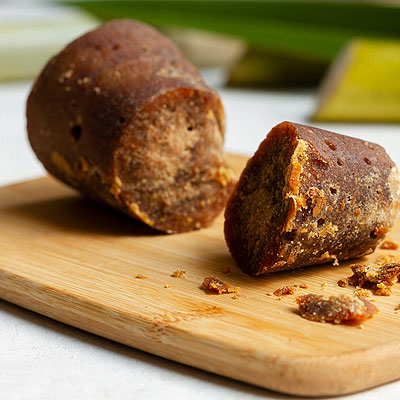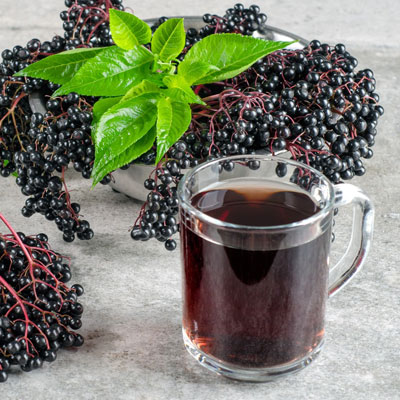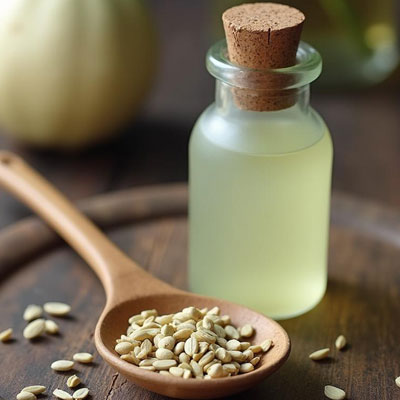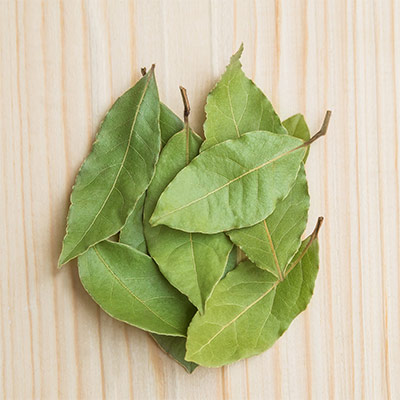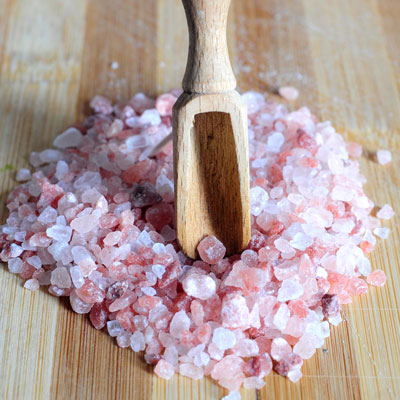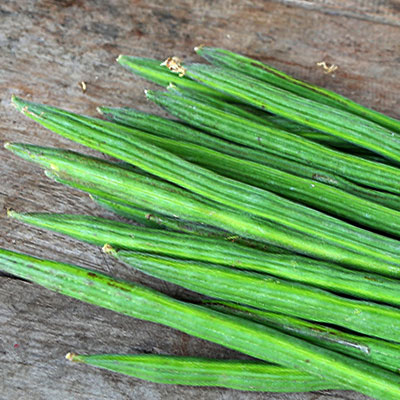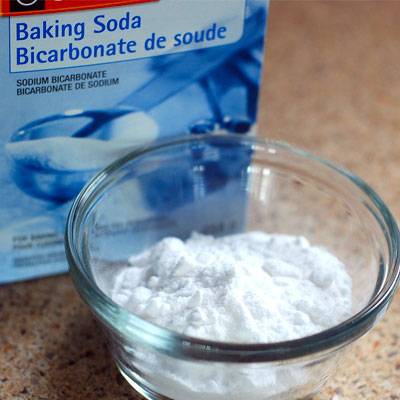Jaggery is a nutritious sugar substitute filled with various health benefits. This natural sweetener carries essential vitamins, energy, and minerals that make it a good option to add sweetness to your dishes without using sugar. It is advisable to obtain health benefits like liver detoxification and improved digestive issues; however, there are many other benefits.
In this blog, we shall explore every aspect related to jaggery, including its types, uses, health benefits, and possible side effects, to learn why it is better than sugar.
Jaggery: A Natural Sweetener
Having its origin in Africa and Asia, jaggery is an unrefined form of sugarcane. It is also termed non-centrifugal sugar as it isn’t twirled when processed. And this is the basic reason why it carries various nutritious molasses.
Jaggery is popular by different names in different countries, like Gur or Gud in India, Panela in Colombia, Piloncillo in Mexico, Tapa Dulce in Costa Rica, Namtan Tanode in Thailand, Kokuta in Japan, and Gul Melaka in Malaysia.
Jaggery’s nutritional value is high, as it contains essential minerals, vitamins, and antioxidants, making it a dynamo of nutrients. The list includes rich nutrients like sucrose, fats, proteins, and vitamins A, E, C, B1, B2, B5, B6, calcium, potassium, sodium, phosphorus, magnesium, iron, copper, and zinc.
How is jaggery made?
The process of making jaggery still carried traditional methods: pressing and extracting cane or palm juice. Here is a quick idea of the entire process.
- Extraction: In the first step, sweet sap or juice is extracted from palms or canes by pressing them.
- Clarification—The juice is filled in large containers for some time so that any residue settles in the bottom. After that, the liquid is strained to produce clear juice.
- Concentration: The juice is then boiled in a large and flat-bottomed vessel.
During the process of concentration, jaggery is stirred constantly. Any kind of impurities that appear on the top is skimmed until a yellow and thick paste (similar to a dough) remains. This paste is further transferred to containers or molds and allowed to cool down completely. And your jaggery is ready to eat.
What are the 3 types of jaggery?
Jaggery is available in three different types, which can be differentiated by the color shades ranging from light golden brown to dark brown. Let’s take a look at the variety of jaggery you can find in the market.
1. Sugar Jaggery
Also popular as sugarcane jaggery, this jaggery is obtained from sugarcane juice. The juice is boiled, filtered, and churned using traditional methods. It is obtained in different colors, ranging from light brown to dark brown. It is the purest form of jaggery and is widely used. This jaggery is widely used to reduce the spicyness of dishes and make desserts.
2. Palm Jaggery
Palm jaggery is obtained from the sap removed from the palm trees using the traditional method. The color of palm jaggery is dark brown, while its texture is very smooth and soft. However, it is advised to taste the jaggery before purchasing it, as if it gets bitter, is caramelized, or has artificial sweeteners added. It is high in potassium, which helps in reducing blood pressure levels and weight.
3. Coconut Jaggery
Unpreserved coconut sap is used for making coconut jaggery. It is rich in magnesium and iron, however, it doesn’t include sucrose. Coconut jaggery is very popular in Goa and used in various local gravy dishes there. It has a hard texture and is the darkest among all. This jaggery is an effective home remedy against the symptoms of flu, cold, cough, and sore throat.
What are the health benefits of jaggery?

Having jaggery in any form helps you with several health benefits. Counting on the nutrients it brings to you, it helps in digestion, provides continuous energy, and boosts immunity. Let us explore various health benefits you can enjoy by adding jaggery to your diet.
- Jaggery encourages the release of digestive enzymes, which helps in digestion and bowel movements
- Having jaggery with ghee helps in the prevention of flatulence and constipation
- Consuming jaggery reduces water retention and improves metabolism aids in managing or reducing body weight
- The antioxidants and nutrients in jaggery help in recovering from colds and flu by supporting the immune system
- Jaggery can also help reduce headaches and migraines
- During winter, consuming jaggery can instantly increase your energy levels
- Potassium obtained from jaggery helps reduce blood pressure levels and improves blood circulation and cardiac function
- Jaggery can help in the prevention of respiratory health issues like bronchitis and other allergies
- Adding jaggery to your diet boosts your hemoglobin levels and reduces the chances of anemia and further blood disorders
- The antioxidants present in jaggery help in the active functioning of the nervous system, reducing the chances of cancer, aging signs, and dementia
- Having jaggery with amla improves the quality and production of sperm and supplies energy to men
- Taking jaggery with warm water and ginger powder stops hiccups
- Adding jaggery to milk works miracles in joint pain and arthritis by strengthening bones
- It decreases bladder inflammation and various urinary disorders by stimulating urination
- Women suffering from period cramps, stomach ache, premenstrual syndrome, and irregular periods can have jaggery regularly for regular and pain-free menses
- It is rich in iron that improves the blood circulation in the roots of the hair promoting long, lustrous, shiny, and strong hair
- Jaggery consumption also promotes healthy and glowing skin that is free from dark spots and acne
Does Jaggery Help During Periods?
Yes, it helps! Jaggery (gur) has long been valued in Ayurveda for its positive effects on women’s menstrual health. One of the key reasons is its ability to stimulate the release of endorphins—commonly known as “happy hormones.” This natural response not only uplifts mood but also helps reduce irritability, mood swings, and anxiety that are common during premenstrual syndrome (PMS). Unlike refined sugar, which can cause sudden spikes and crashes in blood glucose, jaggery provides steady energy, making it a better choice during menstruation when fatigue often sets in.

Another important benefit lies in jaggery’s iron content. Many women experience low hemoglobin levels due to menstrual blood loss, which can lead to weakness and anemia. A small piece of jaggery after meals helps replenish iron and maintain healthy blood levels. For instance, in many Indian households, women are traditionally given til-gud laddoos (sesame and jaggery balls) during winters, not only for warmth but also to regulate menstrual cycles and reduce cramps.
Additionally, jaggery’s natural anti-inflammatory properties help ease abdominal pain and bloating. Consuming it with warm water, milk, or ginger tea is a simple home remedy for menstrual discomfort. Thus, regular but moderate inclusion of jaggery can support overall menstrual health naturally.
Potential Side Effects of Jaggery
No doubt, the list of health benefits is quite long, but there are still certain limitations you need to consider. Here are the side effects of jaggery consumption.
- Increases the chances of higher weight or obesity
- Spikes up blood sugar levels
- Increases the risk of developing heart diseases
- If jaggery contains impurities, it can lead to intestinal issues and discomfort
Final Words
No doubt, jaggery is rich in various nutrients and better than sugar, but it is still a form of sugar and can lead to several health issues if overconsumed. You can add it in limited quantities to various sweet dishes, gravies, beverages, baking items, savory sauces, etc. to add some delicious flavor. So, when are you ditching your sugar intake and starting with a healthier option, jaggery? Do share your experiences in the comments section below.
